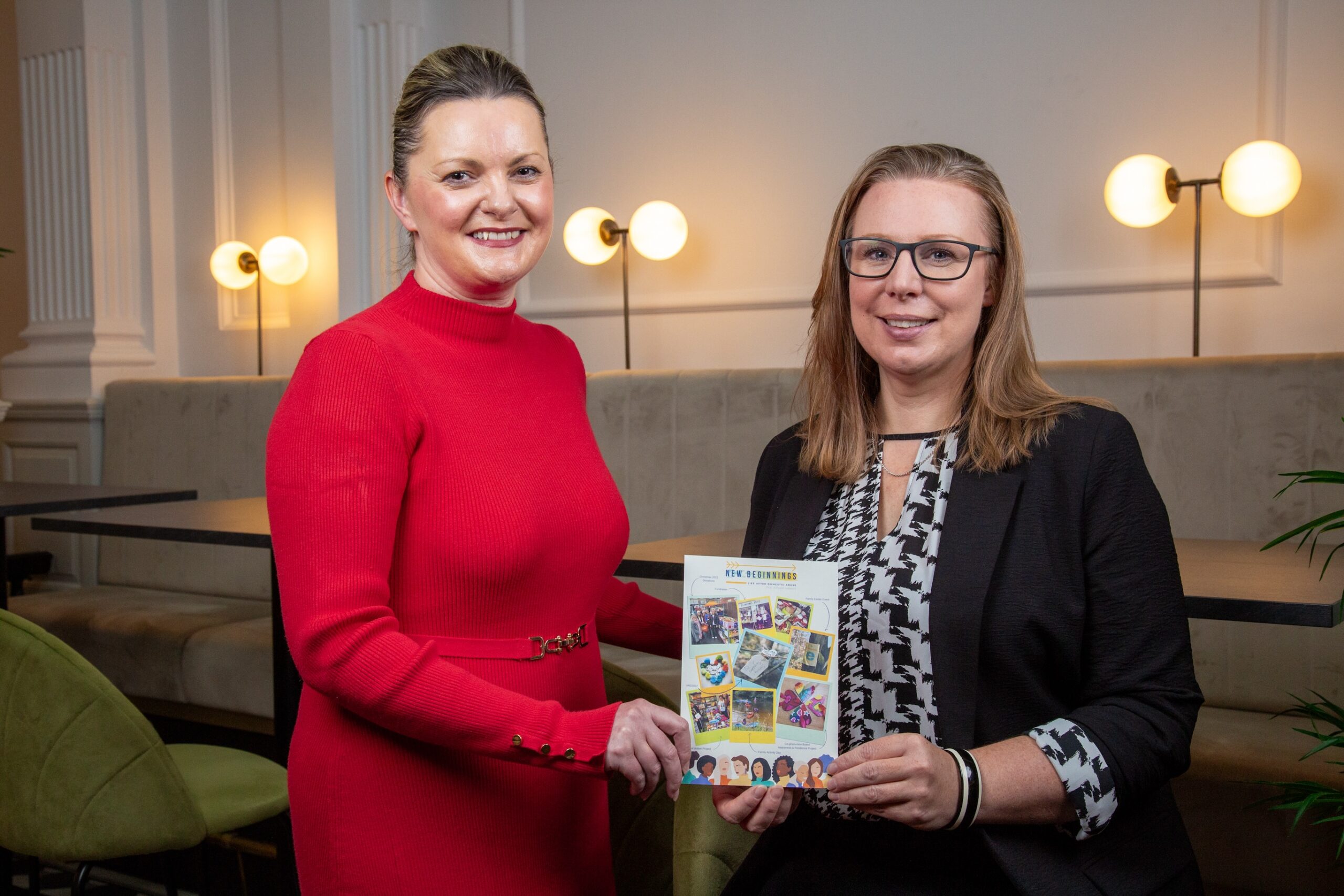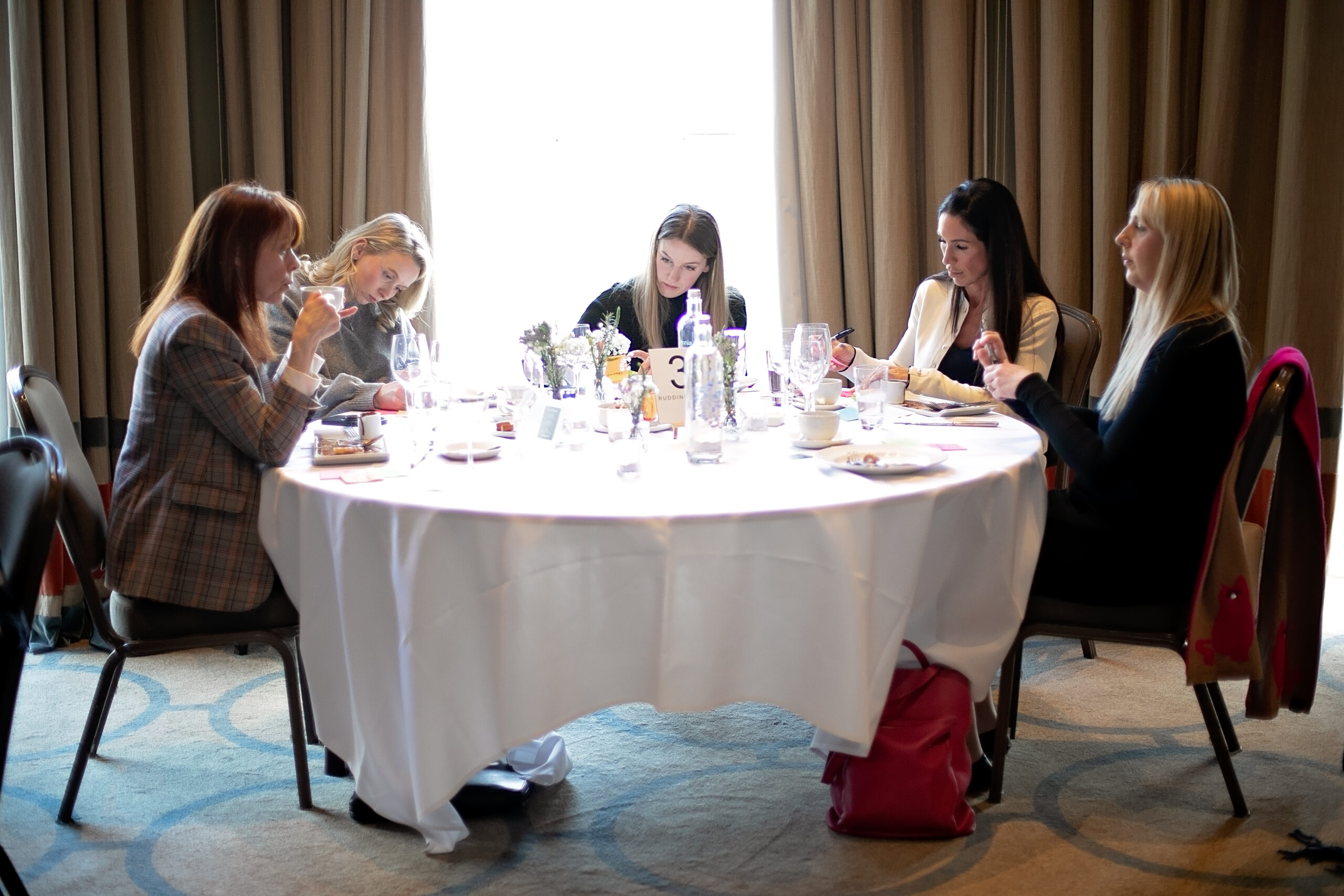The world needs more female-led businesses; and while we are seeing the number grow, there continues to be significant barriers impeding progress. With only 19% of businesses in the UK being female-owned, it highlights a notable but underrepresented portion of the business landscape – largely due to women’s businesses being underfunded and under-supported for too long.
Through my work with the Female Advisory Board (FAB), I’ve identified five primary obstacles women consistently navigate, including mindset, loneliness, financial control, access to funding, and stakeholder relationships.
Challenging your mindset
Mindset represents perhaps the most complex challenge facing female entrepreneurs today. Women in business frequently grapple with imposter syndrome and self-doubt, particularly in male-dominated industries. The weight of running a business often leads to hesitation when taking risks or making bold decisions.
The solution lies in creating confidential spaces where leaders can share their fears, receive honest feedback, and reframe their mindset. When women have access to trusted peers who understand their struggles, they gain the confidence to make bolder moves that drive their businesses forward.
Combating loneliness
When you’re leading a business, the responsibility rests squarely on your shoulders. Every decision affects your team, clients, and personal life. For many entrepreneurs, male and female, this isolation can lead to overwhelming feelings of loneliness. A 2023 report from Simply Business found that 22% of business owners experienced loneliness whilst managing their businesses.
Women often find themselves juggling multiple roles, which compounds this isolation. By collaborating with others in similar situations, leaders can share the emotional load and feel genuinely supported.
Feeling in control of finances
Managing finances remains daunting for any business leader, whether it’s ensuring steady cashflow, navigating funding complexity, or planning for growth. The funding landscape presents particularly stark challenges for female entrepreneurs. Despite women launching businesses at unprecedented rates, they face extraordinary barriers in accessing capital needed to scale their ventures. Female founders receive a mere 2p of every £1 invested in UK businesses – a systemic failure to capitalise on half the nation’s entrepreneurial talent.
However, these statistics don’t mean female entrepreneurs need to settle for inadequate funding offers. Success requires mapping all potential funding routes, from friends and family financing to government grants, angel investors, debt funding, and venture capital. Each option carries different implications regarding business control and growth trajectory.
Building a foundation for funding success involves strengthening business infrastructure before seeking investment. Develop robust operational and financial models, understand key metrics like net revenue retention and customer acquisition costs, and hire financial expertise early. Knowing your numbers is crucial, as many entrepreneurs fall at this hurdle when presenting to potential investors.
Managing stakeholder relationships
Managing relationships with key stakeholders can be challenging, especially when time is scarce. When leaders step outside of their business and see things from a fresh perspective, it helps them make better decisions that positively impact both their business and time management.
Staying competitive requires a growth mindset and adaptability, but the fast-paced demands of running a business can make it hard to keep up. Having trusted peers to discuss challenges and share innovative ideas through different perspectives can spark new insights.
The power of peer advisory
Peer advisory boards are very common in the USA and are growing in popularity in the UK. Being part of a peer advisory board serves as more than just a support network, it’s an empowering platform for entrepreneurs to grow stronger businesses whilst building their consortium of knowledge. These groups provide guidance and support, but more importantly, they create environments where business leaders can challenge each other to reach higher levels of success.
I created FAB as the UK’s first all-female peer advisory organisation to help support more female-led businesses to grow both professionally and personally. It isn’t just about gender equity, it’s an investment in our economy and so much more. There’s substantial data showing female entrepreneurs generate more revenues and create higher job growth. Despite these advantages, female-led businesses still struggle to access the same level of investment and support as their male counterparts.
The most successful business leaders surround themselves with advisors, mentors, and peers who can offer advice, support, and new perspectives. This is something men are more comfortable doing — they’re far more likely to prioritise and invest in themselves than women, often due to early conditioning around self-worth and perception.
It’s essential women embrace the idea asking for help is not a weakness but a strength. By embracing collaboration and learning from others, women can break through these barriers and lead their businesses to bigger success.



